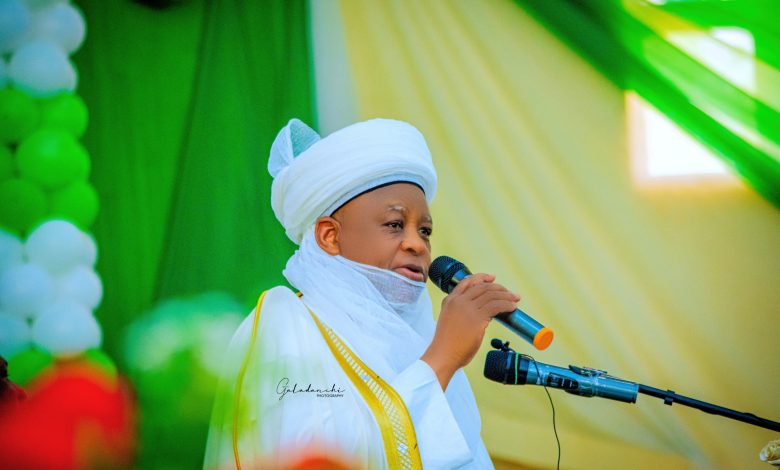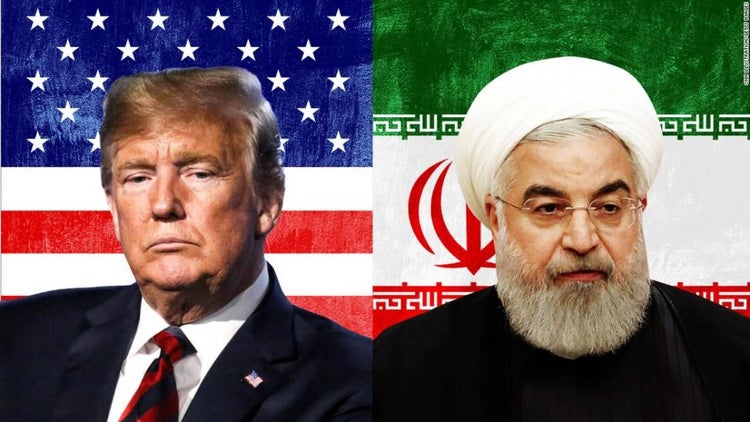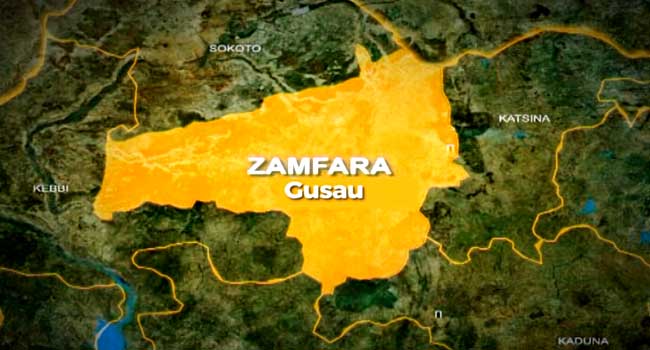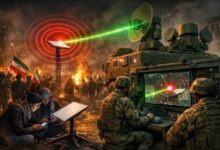Sultan warns religious leaders to “stop misleading followers for personal gains”
*Says on last day, each person stands alone before God

By KEMI KASUMU
Reflecting on leadership, the Sultan said, “On that final Day, each person stands alone before God. No deputy or adviser will be there to support you. Let’s hold ourselves accountable and strive for a better country through faith and perseverance.”
The Sultan of the Sokoto Caliphate and Leader of the Nigerian Muslim Ummah, His Eminence Alhaji Muhammad Sa’ad Abubakar, has cautioned religious leaders to stop misleading their followers for personal aggrandizement.

Sultan Abubakar also charged the religious leaders to repent, follow, and preach the authentic teachings of their religion to build a decent society.
The Sultan, who is the President-General of the Nigerian Supreme Council for Islamic Affairs (NSCIA), stated this at the Regional Conference on Climate Change-Induced Conflicts in Northern Nigeria, organised by the Kaduna State Bureau of Interfaith in collaboration with the International Alert on Monday November 4, 2024 in Kaduna.
“Let me advise religious leaders to avoid misleading their followers for personal gain, the majority of worshippers in Mosques and Churches regard them as spiritual guides and place profound trust in them. Do your best in worshipping Allah and leave everything else to Him. Many challenges have emerged in this country, but we believe that returning to God and intensifying prayers in our places of worship will bring hope.
“Difficulties are temporary, and nothing lasts forever. Let us continue to pray for our leaders and avoid condemnation, trusting that God will address matters as He is all-knowing and all-seeing,” he said.
The monarch urged Nigerians to refrain from disparaging their leaders, instead, they should entrust them to God’s judgment.
He said, “Nothing, whether good or bad, lasts forever”, while encouraging citizens to consistently pray for their leaders and the nation to witness prevailing peace, unity, growth and development.
Addressing leaders, the Sultan reminded them of their accountability to God on the Day of Judgment, “where you will face scrutiny for your actions without anyone to defend you.”
Reflecting on leadership, the Sultan said, “On that final Day, each person stands alone before God. No deputy or adviser will be there to support you. Let’s hold ourselves accountable and strive for a better country through faith and perseverance.”
Abubakar identified some critical issues threatening the growth and unity of Northern Nigeria to include; climate change, poverty, and insecurity.
He, therefore, urged Northerners to remain united, warning that some external forces were working to divide the region due to its historical influence.
Most Reverend Dr. Daniel Okoh, President of the Christian Association of Nigeria (CAN), echoed the Sultan’s sentiments, acknowledging the urgent humanitarian crisis brought by climate change in the North.
He stressed the need to tackle the underlying causes of conflict, including, poverty, inequality, lack of public awareness on climate impacts and environmental responsibility.
Okoh joined the Sultan in calling on leaders to be truthful, emphasising that: “Nigeria’s success depends on prayer and seeking divine guidance.”
In his remarks, Governor of Kaduna State, Uba Sani, called on Northern states, religious leaders, and agencies to unite in tackling climate-induced conflicts and promoting peace across the region.
According to Sani, climate change poses significant risks to Northern Nigeria, threatening livelihoods and fueling competition for resources, particularly among agrarian and pastoral communities.
The governor listed the realities of rising temperatures, desert encroachment, and deforestation as some of the factors exacerbating poverty and displacing communities in the region.
To address the root causes of climate-induced conflicts, the governor proposed sustainable agricultural practices, improved water management, and initiatives for peacebuilding through dialogue and collaboration.








